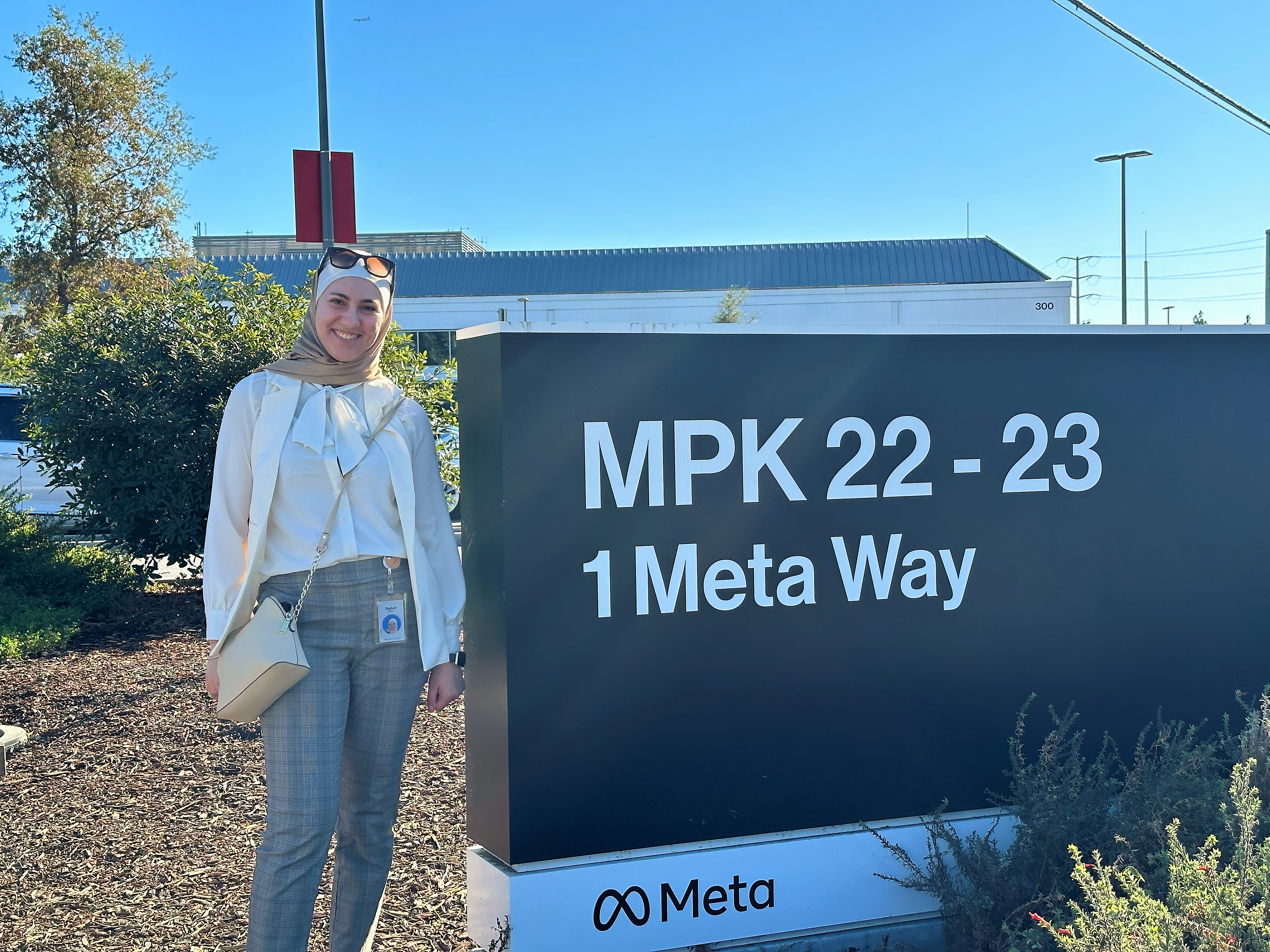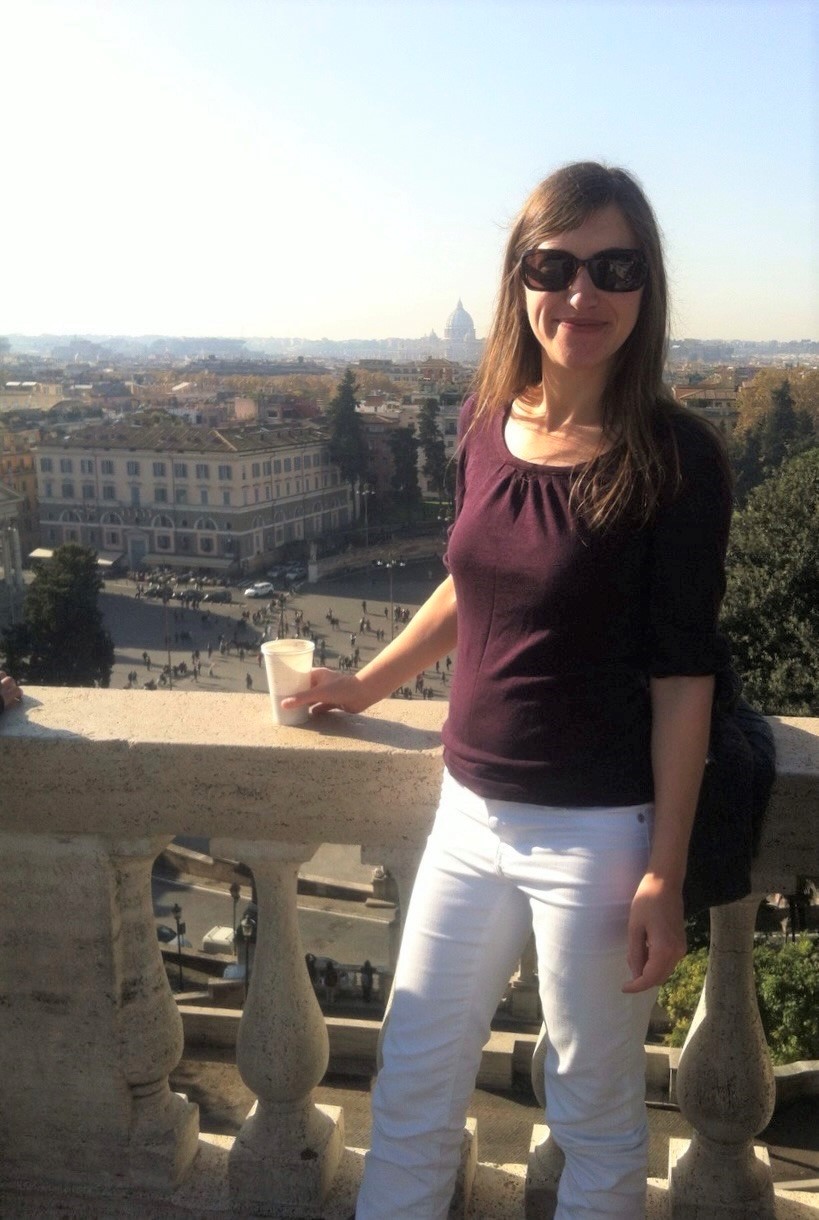Self-driving cars. Facial recognition identification. Chatbots writing novels in the voice of Joanne Kyger. Artificial Intelligence (AI) is booming.
In 2019, the Government of Canada created the Advisory Council on Artificial Intelligence. At the time, Canada had more than 800 AI companies in operation, and the number of AI start-ups was growing by approximately 28 per cent per year.
In other words, companies are “adopting AI solutions” with greater frequency and, as a result, employment opportunities abound.
But who works at these AI companies? Does the workforce reflect the diversity of our population? According to the World Economic Forum’s 2020 Global Gender Gap Report, just 26 per cent of professionals in this flourishing field are women.
Evening the playing field
Elisa Schaeffer, Academic Director of Technology and Innovation of the McGill School of Continuing Studies (SCS), and Associate Professor of Applied Digital Intelligence, suggests there is a way to buck this trend of inequality.
“There is no reason why women should not be represented in AI,” said Schaeffer. “We need to raise awareness, to highlight the methods of entry into the field.”
Education is one such method. It has played a pivotal role in opening doors for many SCS students, including Raghad Al-Nouri and Marie-Noël Lepage.
Ideal match
Al-Nouri grew up in Syria where she completed a bachelor’s degree in mathematics from Damascus University. She came to Canada in 2010, as an international student, and earned a master’s degree in differential geometry at Université du Québec à Montréal (UQAM).

“I was the only woman in the entire department at UQAM (students and teachers),” said Al-Nouri. “Everyone was kind and helpful, but I still wish there were more women in the department. I was fascinated by complex geometry and wanted to continue, to pursue a PhD in the same field, but I wanted to learn more about applied fields, so I took a break from school.”
At the time, Al-Nouri’s husband was working on his PhD at Université de Montréal in AI and machine learning. She became curious and wanted to learn more about machine learning. The McGill SCS Data Science and Machine Learning professional development certificate proved to be an ideal match for her to start exploring a potential new career.
After graduating from SCS, Al-Nouri was hired by a modern technology consulting company. She’s been there for two years as a data scientist/engineer working on data projects with different customers such as National Bank of Canada and Meta.
“Working for Meta has really been a boost for my career,” she said. “I’ve been exposed to many challenges and offered new opportunities.”
She is also completing the Applied Artificial Intelligence professional development certificate at SCS.
Appetite for complexity and diversity
Marie-Noël Lepage is originally from Sainte-Croix de Lotbinière, Quebec. She moved to Montreal to pursue actuarial sciences and completed her undergraduate degree at UQAM in 2006.
“I went into this field, because of my appetite for the complexity and diversity inherent in the program, from mathematics to statistics, probability, computer science, finance, and economics,” she said.

Manual and repetitive tasks bored Lepage, so she learned how to automate these types of tasks using databases such as Structured Query Language and Visual Basic for Applications. With Statistical Analysis Systems, she learned how to manipulate large databases to quantitatively measure the main risk indicators.
“I have intellectual curiosity,” Lepage said. “I wanted to learn more about programming. I took Python Programming courses at UQAM and École de technologie supérieure. As I continued my research, I discovered McGill SCS.”
Lepage enrolled in the School’s professional development certificate program in Data Science and Machine Learning.
“It combined my two passions – math and computer science. I gained knowledge in the analysis and visualization of data as well as machine learning.”
In 2022, to further develop her knowledge in machine learning, Lepage enrolled in the SCS professional development certificate in Applied and Artificial Intelligence.
“I would like to leverage data valorization,” she said, “using statistical and machine learning methods to design predictive models.”
“We are here in our own right”
When asked about working in a male-dominated industry and if there were any obstacles for women in AI, Lepage is adamant.
“There are, of course, some physiological differences between men and women,” says Lepage. “But other ‘differences’ are stereotypes fed to us by our culture and environment For example, the belief that men are better at science and have a better sense of direction or that women are more emotionally sensitive and better multi-taskers.”
“I feel that gender has no business being considered as one of my professional attributes,” said Schaeffer. “I need to convince my students the same. We are here in our own right. We study and work in AI because we are good at this.”
